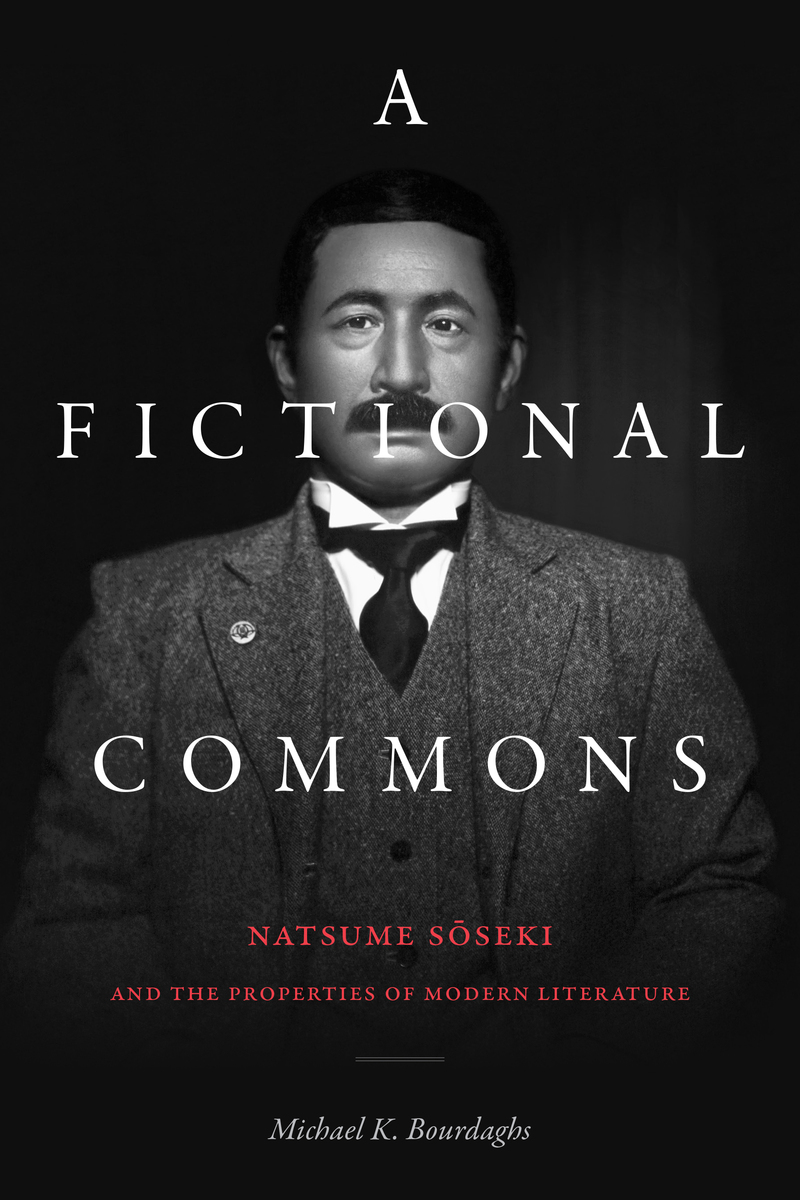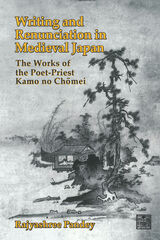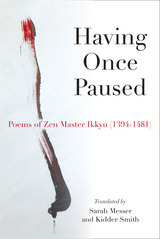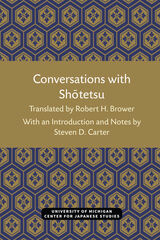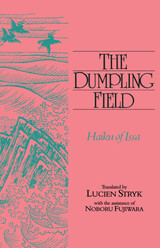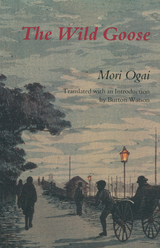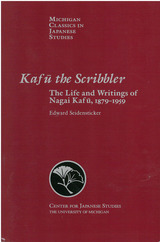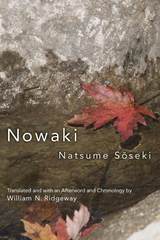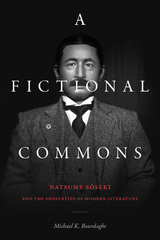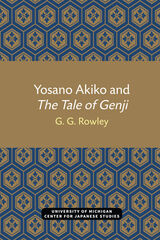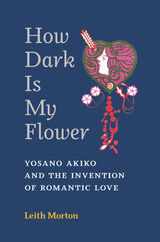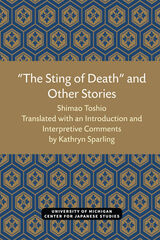A Fictional Commons: Natsume Soseki and the Properties of Modern Literature
Duke University Press, 2021
Paper: 978-1-4780-1462-1 | Cloth: 978-1-4780-1369-3 | eISBN: 978-1-4780-2192-6
Library of Congress Classification PL812.A8Z566525 2021
See other books on: Japanese | Japanese fiction | Meiji period, 1868-1912 | Modern Literature | Right of property
See other titles from Duke University Press
Paper: 978-1-4780-1462-1 | Cloth: 978-1-4780-1369-3 | eISBN: 978-1-4780-2192-6
Library of Congress Classification PL812.A8Z566525 2021
ABOUT THIS BOOK | AUTHOR BIOGRAPHY | REVIEWS | TOC | REQUEST ACCESSIBLE FILE
ABOUT THIS BOOK
Modernity arrived in Japan, as elsewhere, through new forms of ownership. In A Fictional Commons, Michael K. Bourdaghs explores how the literary and theoretical works of Natsume Sōseki (1867–1916), widely celebrated as Japan's greatest modern novelist, exploited the contradictions and ambiguities that haunted this new system. Many of his works feature narratives about inheritance, thievery, and the struggle to obtain or preserve material wealth while also imagining alternative ways of owning and sharing. For Sōseki, literature was a means for thinking through—and beyond—private property. Bourdaghs puts Sōseki into dialogue with thinkers from his own era (including William James and Mizuno Rentarō, author of Japan’s first copyright law) and discusses how his work anticipates such theorists as Karatani Kōjin and Franco Moretti. As Bourdaghs shows, Sōseki both appropriated and rejected concepts of ownership and subjectivity in ways that theorized literature as a critical response to the emergence of global capitalism.
See other books on: Japanese | Japanese fiction | Meiji period, 1868-1912 | Modern Literature | Right of property
See other titles from Duke University Press
